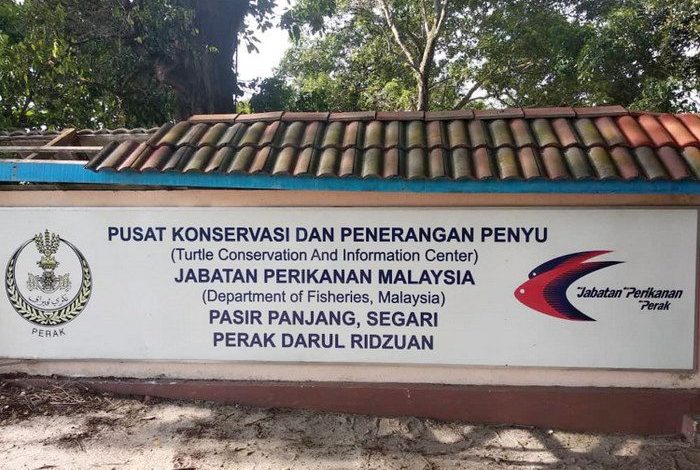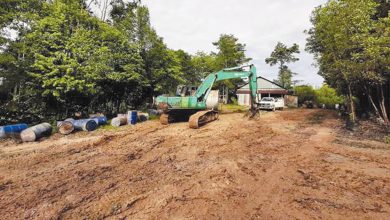Thinking Allowed: The Detrimental Effects of Sand Mining on our Fishermen & the Environment


Penang’s project, the Penang South Reclamation project (PSR) will have serious consequences, in both Penang and Perak.
Penang and the developers of the PSR, hope to fund its ill-thought-out Penang Master Transport Plan (PMTP) via the development of three artificial islands to the south of the island.
If the project is successful, a handful of people will become extremely wealthy, but the benefit to the ordinary people of Penang is questionable. The project will be of value to the emerging middle classes and foreigners, it is without a doubt that fishermen and those in the low-income bracket, will suffer.


Studies on sand mining and land reclamation, have been conducted in Malaysia and Myanmar’s Irrawaddy River, India, California, and closer to home, in Johore and Lumut.
The most obvious loss will be the livelihood of several thousand fishermen along the coast. The amount of siltation and turbidity of the water will increase. The fish, crustacea and shellfish thrive in a fragile eco-system. The suspended particles will destroy the breeding habitats of the sea-meadows and disturb the food chain patterns. The fishermen will experience reduced catches and beaches will become mud flats.
Mangrove swamps, which form a natural barrier to tidal surges and rising sea water levels, will become vulnerable and the potential for flooding of the surrounding area is great.
Some villagers have reported that their land has disappeared into the rivers. Riverbank erosion, caused by huge amounts of sand and gravel being mined, makes the riverbanks unstable. In Myanmar, whole villages have slipped into the water.
As water irrigation channels source their water from the rivers, padi farmers may soon find problems, which are related to the mining of sand from rivers.
The pumps, in the water intake plants, which deliver the water to us, have experienced many problems caused by the sedimentation of the rivers. Costs to repair and maintain the equipment will increase.
Sand mining will create craters and expose rocks on the rivers and sea beds. Fishing nets will get snared on these jagged structures, increasing the costs for the fishermen for repair.
If the PSR is allowed to continue, the fishermen will have to travel further out to sea, in boats which are not really meant for the open seas. More costs and investment will have to be made. They are already suffering poor catches and it may not be long before some may end up as “Grab” drivers, and have to abandon the industry, which has supported their family, for many generations.
The fishermen and other people must wake-up to the dangers posed by sand mining in Perak, and the destruction of the fishing grounds, both off Perak and south of Penang.
The Perak MB should take stock of the environmental problems that will befall the state if the vast quantities of sand are allowed to be removed for this project.
We are aware that on the hill slopes and mountains, indiscriminate logging has caused silting, flooding and similar destruction, not just to the forest, but also to the way of life of the Orang Asli.
Downhill, the effects of sand mining, through poor enforcement, and an administration which does not seem to be aware of the risks posed by sand mining, threatens the lowlands and coastline.
The landing points on the sandy Segari beach, on which the Green turtles lay their eggs, have already been affected. Mangrove forests will be seriously impacted by the sand mining, and when the wetlands suffer, another source of revenue will be lost. The tourists, and bird enthusiasts who flock to Kuala Sepetang to observe migratory birds, will go elsewhere when the wetlands have been destroyed.
By then, people will have learnt about the detrimental effects of sand mining, because the famous seafood in Kuala Sepetang, will be unavailable. The Perak MB must act to safeguard Perak and its people, by doing his job by curbing the sand-mining, before it is too late.


